Since Russia’s invasion of Ukraine, Western politicians and business leaders have rushed to leave their lucrative boardroom roles at Russian companies in protest and in order to isolate the country as punishment for the war.
But not quite everyone.
Now a former German leader and Austrian foreign minister are facing censure over their continued ties to the Kremlin.
The European Parliament on Thursday passed a package of measures that urges the European Union to sanction politicians who still receive huge sums of money from Russian businesses.
While the motion is nonbinding, its adoption is an important step to the sanctions being introduced and sends a clear signal that the European community will no longer tolerate a tacit support for President Vladimir Putin’s regime that has characterized much of the continent’s approach to the Kremlin for decades.
The motion singles out former German Chancellor Gerhard Schröder, a longstanding friend of Putin, who is now facing growing pressure to quit his role as chair of the board of directors at Russian oil giant Rosneft. It also mentions former Austrian foreign minister Karin Kneissl, also a Rosneft board member, who invited Putin to her wedding in 2018.
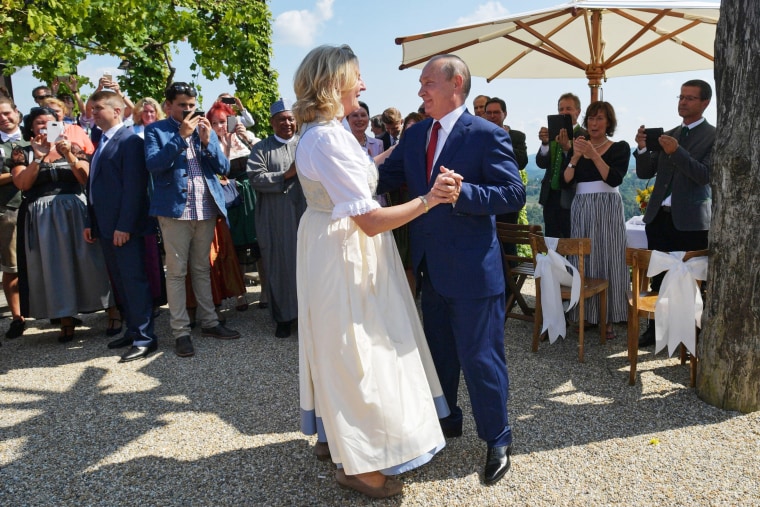
The European Union has already sanctioned 80 businesses and more than 1,000 individuals who now face travel bans and asset freezes or seizures in relation to the war.
“By serving in top positions of Kremlin-affiliated corporations, the former Austrian Foreign Minister Karin Kneissl and former German Chancellor Gerhard Schröder are de facto closely cooperating with Russia,” said Markus Ferber, one of the members of the European Parliament who drafted the motion.
“Such behavior is unacceptable at a time when Russia is breaking international law and committing war crimes. We ask them to step down from their positions in Russian companies.”
Pressure on Schröder is also building at home.
Germany’s coalition government said Wednesday it would strip him of the privileges given to former chancellors, including a parliamentary office and his team of assistants. That team, however, already resigned in protest in March.
German Finance Minister Christian Lindner said it was unthinkable that “a former chancellor who is now openly doing lobby work for the criminal rule of Vladimir Putin is still given an office by taxpayers,” in an interview with Welt TV.
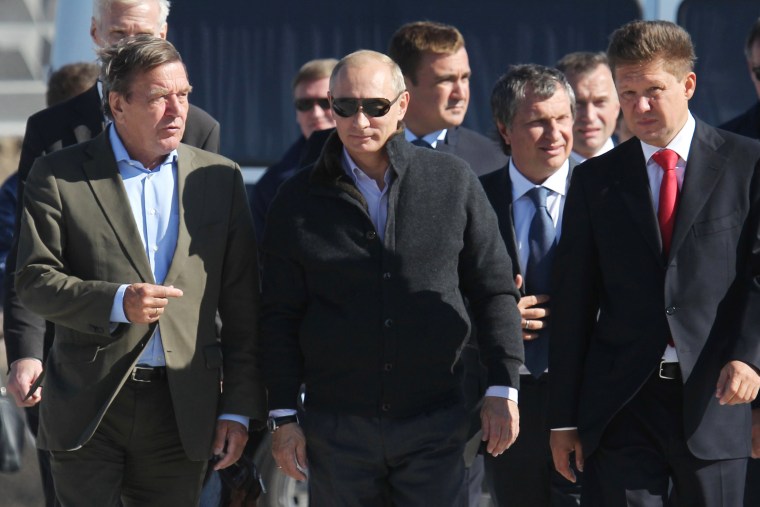
Schröder, 78, who led Germany from 1998 to 2005, earns $600,000 a year from Rosneft, the company’s accounts for 2020 show, on top of his state pension and salaries for his roles at the transnational gas pipeline projects Nord Stream 1 and Nord Stream 2.
Some blame Schröder for helping to increase German reliance on Russian energy, a dependency now being dramatically and painfully reversed.
One of his last acts as chancellor was to approve Nord Stream 2 — shortly before leaving office and taking a job with Nord Stream AG, the company behind the now-suspended natural gas pipeline project.
Throughout the war Russia has been earning about $1 billion a day from Western fossil fuel exports, Ukrainian officials say, with Germany its biggest customer.
Schröder has faced intense criticism for playing down or questioning the impact of the Ukraine war. He told the New York Times in April that while the war was a mistake, reports of atrocities in the Kyiv suburb of Bucha “need to be investigated,” adding that any such orders would not have come from Putin himself.
Other former world leaders, such as former Italian Prime Minister Matteo Renzi and former Finnish Prime Minister Esko Aho, resigned their boardroom roles in big Russian businesses on Feb. 24, the day the invasion started. So far, Schröder has shown no sign of doing the same.
“I don’t do mea culpa,” he said in the interview. “It’s not my thing.”
NBC News has contacted Schröder’s officer for comment.
Reuters contributed.

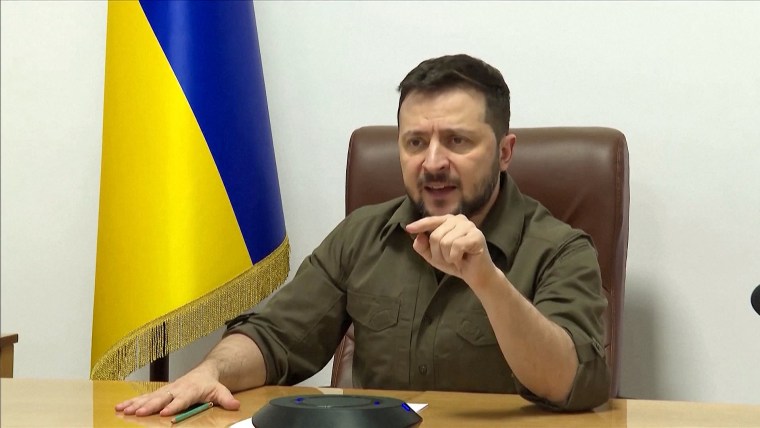
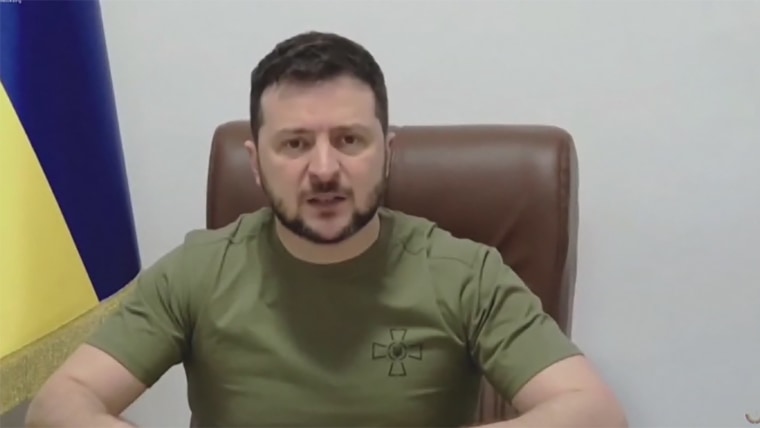
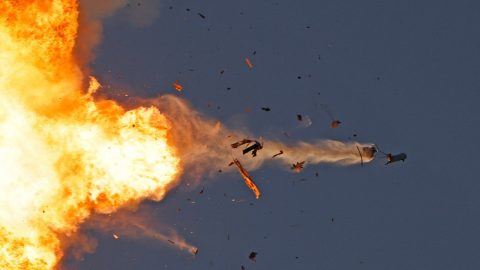
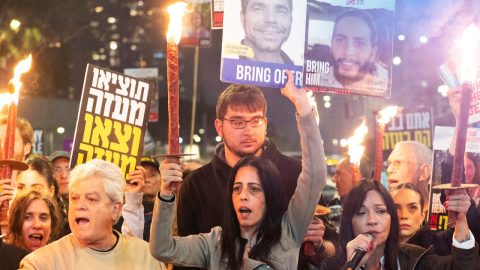

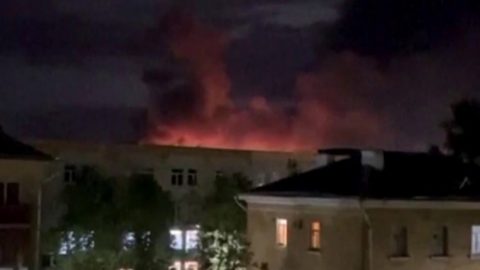

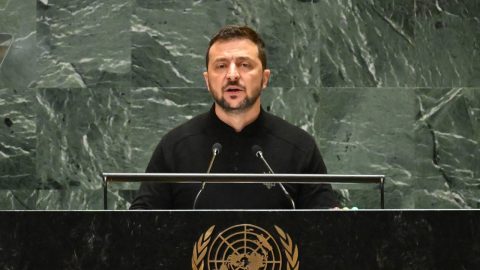
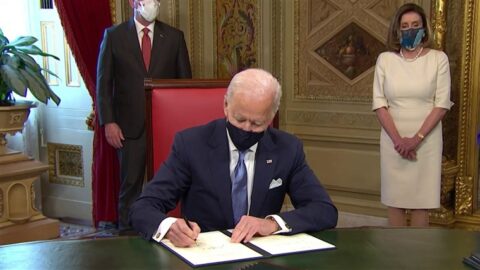
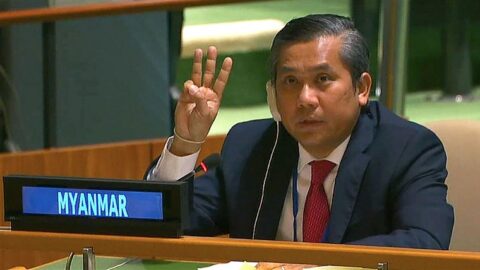
Recent Comments